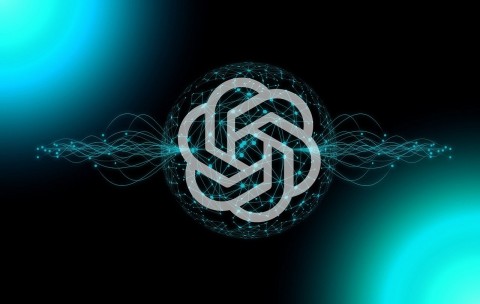By now, I’m sure all of us have used some Generative AI tool (ChatGPT, Dall-e, Midjourney…) moreover, I’m sure many of us use them almost daily.
But the fact of using these tools sometimes generates ethical conflicts that have to do with: data validation, intellectual property, ecological footprint, data sources used for training…
The aim of this article is to make them reflect on these tools and so first of all we will take a look at the press to see that often these ethical conflicts are news, let’s see some recent news:
- September 2022 in Colorado, in a digital art contest, the winner is an artist who has presented a work made with Midjourney: Is it legal to win a contest like this? Can an AI work be considered a “work of an artist”?
- Do you remember the image of the pope in a fashionable coat? What happens when, thanks to AI, we are able to generate images so realistic that make us doubt whether or not it is real. Are we giving wings in the “fake news”?
- The thing does not end here, now we talk about music, if we have a music group and we go on to put the voice of Liam Gallagher (a pretty real imitation) as a singer thanks to the AI In this case if we do this, whose copyright is it? Are they ours because we are the “creators” of the song? Are they from Liam Gallagher, since we’ve “imitated” his voice?
- Have you ever considered what ecological footprint these tools have? According to Jordi Torre on Twitter he compares it to 5000 people watching a movie on Netflix But shouldn’t we stop all this?
- But this does not end here: if we use photos, texts, works of art,… to train tools like GPT, when these generate works similar to the existing ones, who has the rights? And can they use anything to be trained? Or only those that are public? In this article we can go deeper about this questions
- Following the decision taken by the Italian government on the temporary ban on using ChapGPT for a possible breach of the GDPR, the European Data Protection Committee is studying this possible breach of the GDPR regulations, which was promoted by the AEDPD: ChatGPT data protection research.
Therefore, it seems clear that today these Generative tools are in no man’s land, that is, we find that there is a legal vacuum behind the wheel of AI. In the next article, there is an exploration of all this void that we currently find in this world: AI and copyright,
For the moment and until there is any specific legislation we should focus on the “goodwill” of the people. In this line the Generalitat of Catalonia on its website has put a Catalan Charter for digital rights and responsibilities has a point that makes explicit reference to “Ethics in the field of AI and algorithmic governance in the public and private sector “ It sets out a series of recommendations aimed at highlighting rights that are not yet guaranteed by law.
But if the Generalitat, through its letter, intends to influence the developers of AI tools, the Observatory of Ethics in Artificial Intelligence (OEIACwants to go to the other extreme, wants to make users reflect to make them aware of possible ethical conflicts that may end up generating, and that is why he has published on his website a diagram in which the ethics of GPT tools.

In conclusion, everything seems to indicate that specific legislation will eventually exist since the creator of ChatGPT himself asks for it in the US Congress. In the meantime, the only thing we can do is to make responsible use of these tools and be aware of the possible ethical conflicts that exist in your environment.
